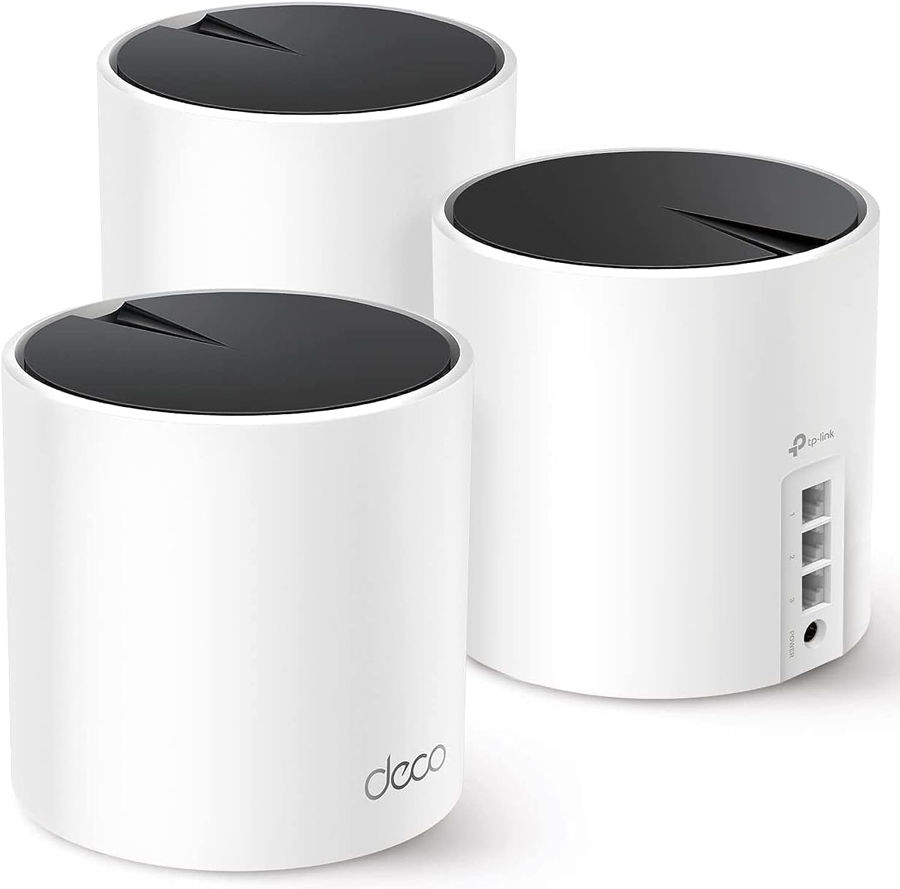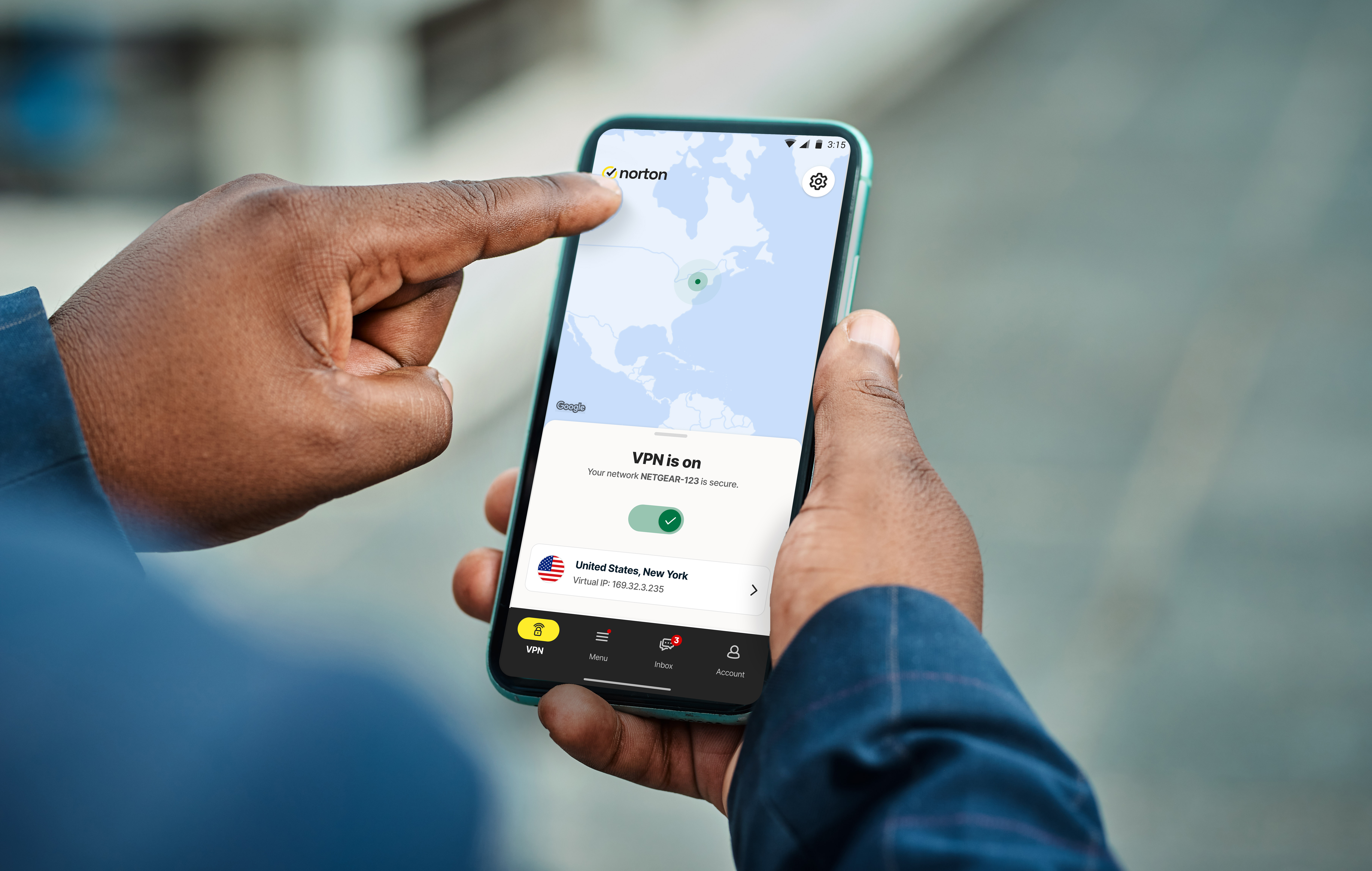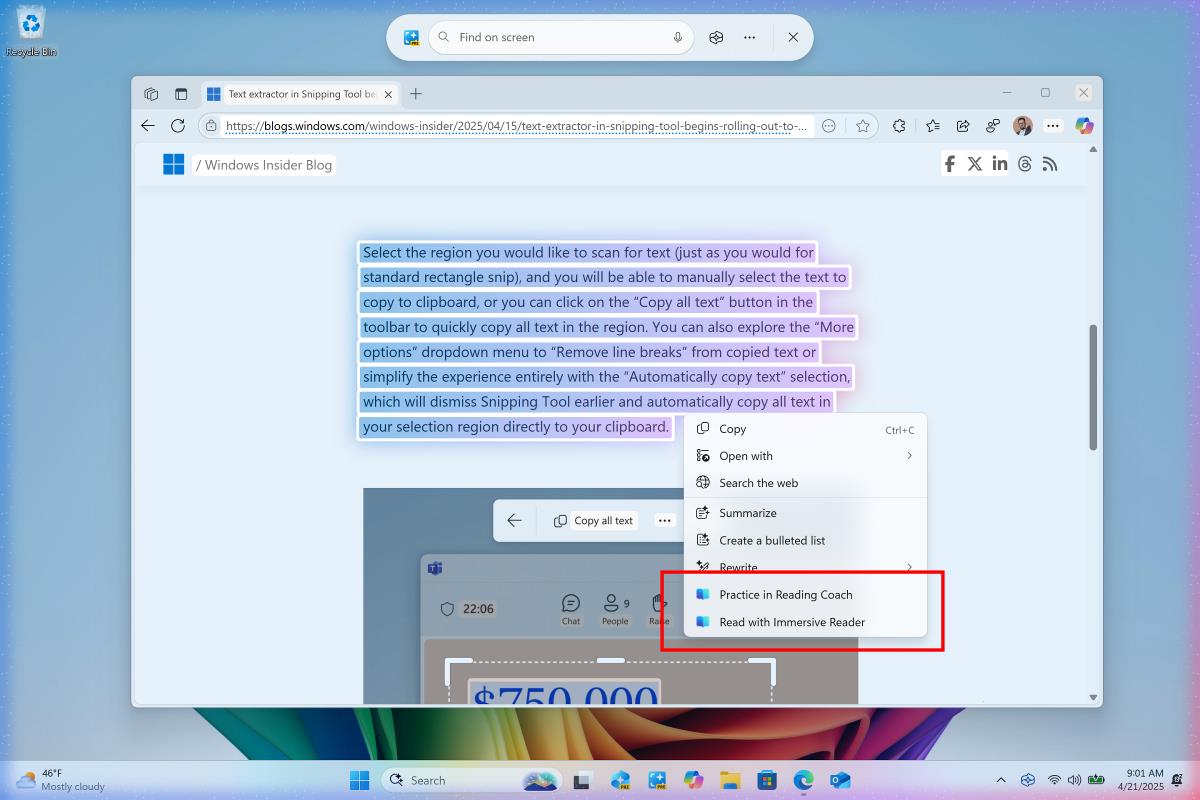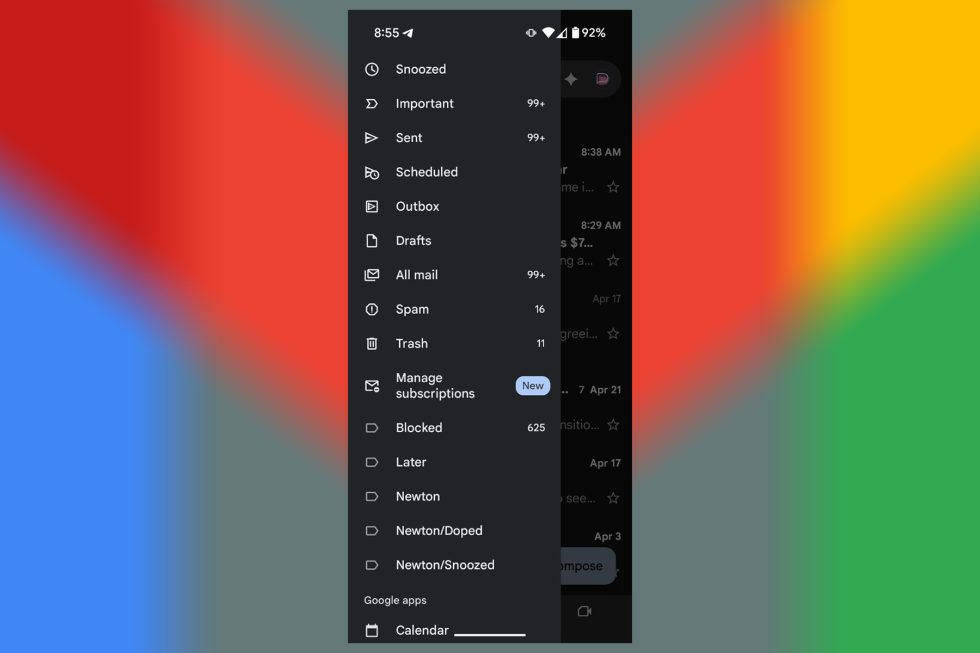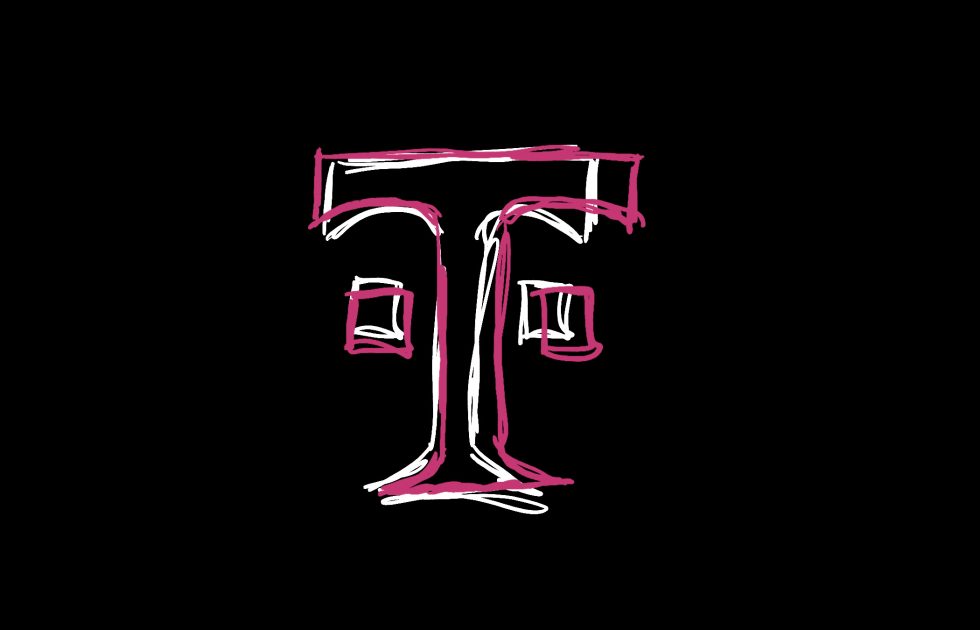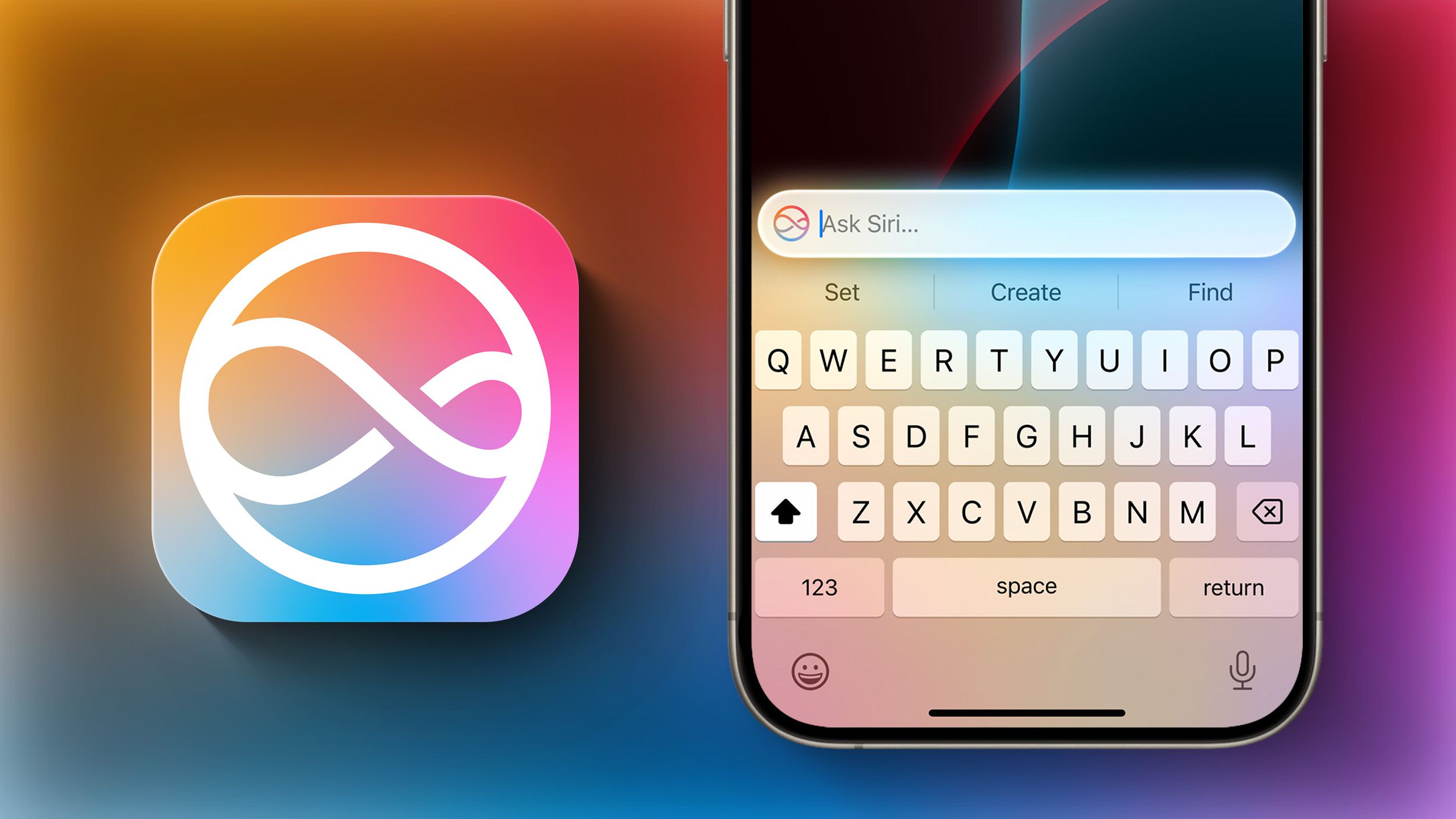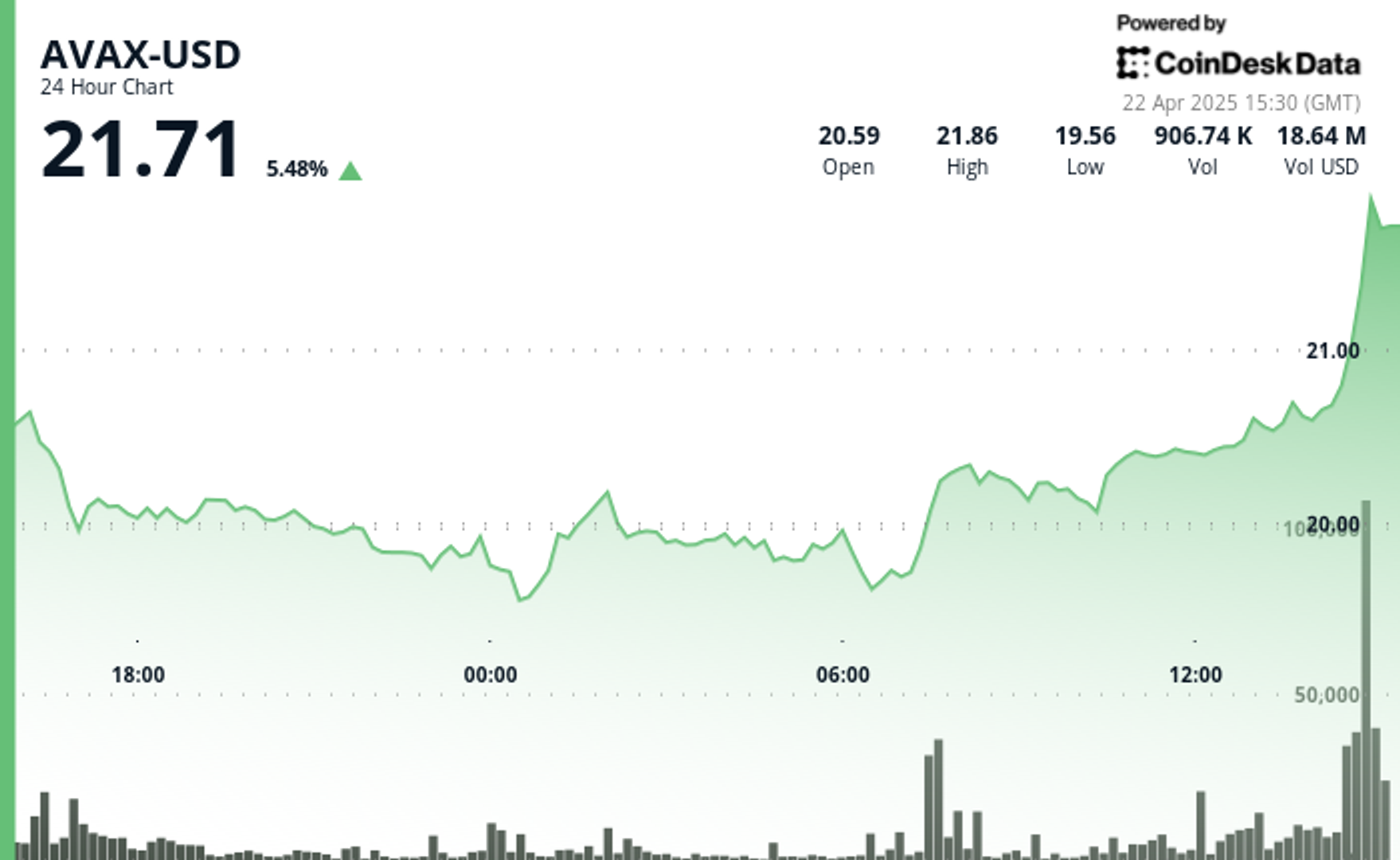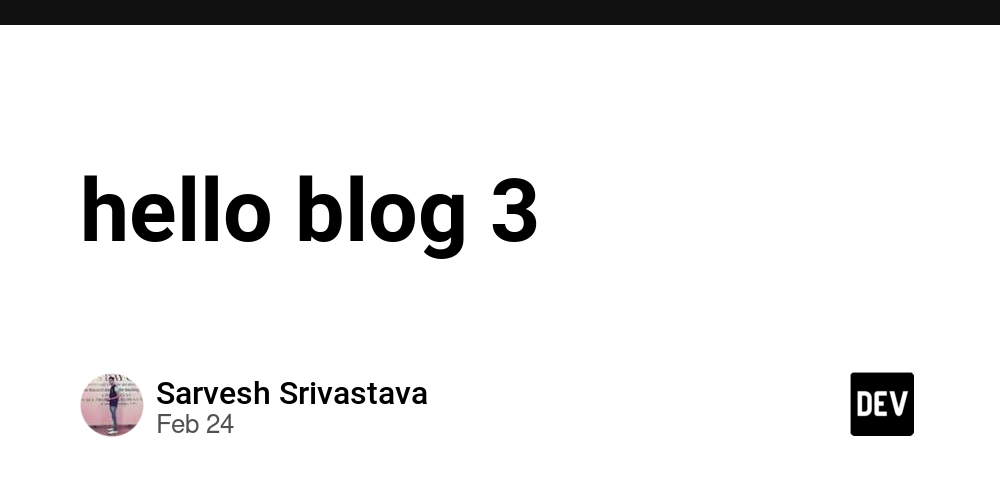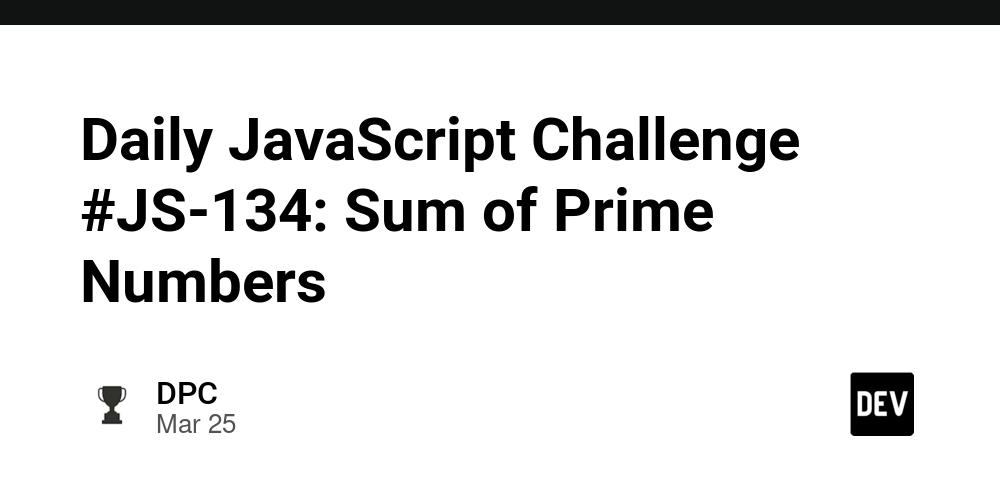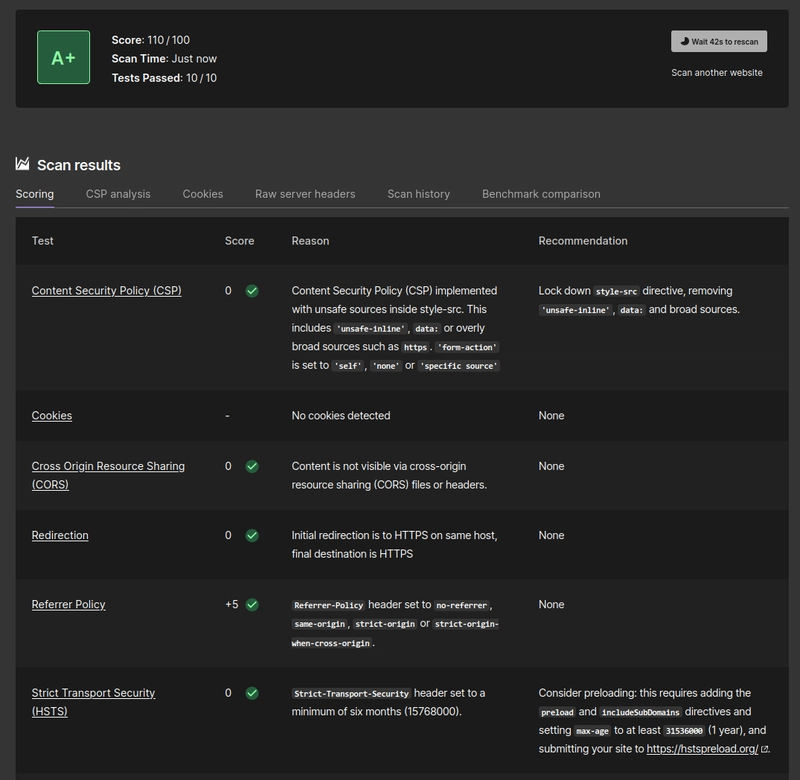How to Create Cron Jobs in Firebase Functions Using Pub/Sub (Free Tier Compatible)
If you're building on Firebase, you might wonder how to implement scheduled (cron) jobs in a serverless setup. Firebase doesn’t have built-in cron support, but with Google Cloud Pub/Sub and Cloud Scheduler (with Firebase Functions), you can build reliable cron jobs — and best of all, you can do it within the free tier if you're careful. Why Use Cloud Scheduler with Firebase Functions? Fully serverless and scalable Low-maintenance once configured Compatible with the Firebase free tier for many use cases Step 1: Enable Required APIs In the Google Cloud Console linked to your Firebase project, enable: Cloud Scheduler API Cloud Pub/Sub API Step 2: Create the Pub/Sub Topic gcloud pubsub topics create my-scheduled-task Step 3: Deploy a Firebase Function that Listens to the Topic In your functions/index.js (or .ts): const functions = require('firebase-functions'); exports.scheduledFunction = functions.pubsub .topic('my-scheduled-task') .onPublish((message) => { console.log('Running scheduled job:', new Date().toISOString()); // Your logic here, e.g. data cleanup return Promise.resolve(); }); Step 4: Create a Cloud Scheduler Job gcloud scheduler jobs create pubsub run-my-scheduled-task \ --schedule="*/15 * * * *" \ --time-zone="UTC" \ --topic=my-scheduled-task \ --message-body="{}" This runs your function every 15 minutes. Modify the schedule string as needed. Pros and Cons ✅ Pros Integrates seamlessly with Firebase Uses managed services, very low maintenance Highly scalable and robust ⚠️ Cons Initial setup is more complex than other solutions May incur cost if usage exceeds free tier (e.g. high-frequency tasks) Limited visibility into execution logs unless using full GCP console

If you're building on Firebase, you might wonder how to implement scheduled (cron) jobs in a serverless setup. Firebase doesn’t have built-in cron support, but with Google Cloud Pub/Sub and Cloud Scheduler (with Firebase Functions), you can build reliable cron jobs — and best of all, you can do it within the free tier if you're careful.
Why Use Cloud Scheduler with Firebase Functions?
- Fully serverless and scalable
- Low-maintenance once configured
- Compatible with the Firebase free tier for many use cases
Step 1: Enable Required APIs
In the Google Cloud Console linked to your Firebase project, enable:
- Cloud Scheduler API
- Cloud Pub/Sub API
Step 2: Create the Pub/Sub Topic
gcloud pubsub topics create my-scheduled-taskStep 3: Deploy a Firebase Function that Listens to the Topic
In your functions/index.js (or .ts):
const functions = require('firebase-functions');
exports.scheduledFunction = functions.pubsub
.topic('my-scheduled-task')
.onPublish((message) => {
console.log('Running scheduled job:', new Date().toISOString());
// Your logic here, e.g. data cleanup
return Promise.resolve();
});
Step 4: Create a Cloud Scheduler Job
gcloud scheduler jobs create pubsub run-my-scheduled-task \
--schedule="*/15 * * * *" \
--time-zone="UTC" \
--topic=my-scheduled-task \
--message-body="{}"
This runs your function every 15 minutes. Modify the schedule string as needed.
Pros and Cons
✅ Pros
- Integrates seamlessly with Firebase
- Uses managed services, very low maintenance
- Highly scalable and robust
⚠️ Cons
- Initial setup is more complex than other solutions
- May incur cost if usage exceeds free tier (e.g. high-frequency tasks)
- Limited visibility into execution logs unless using full GCP console
























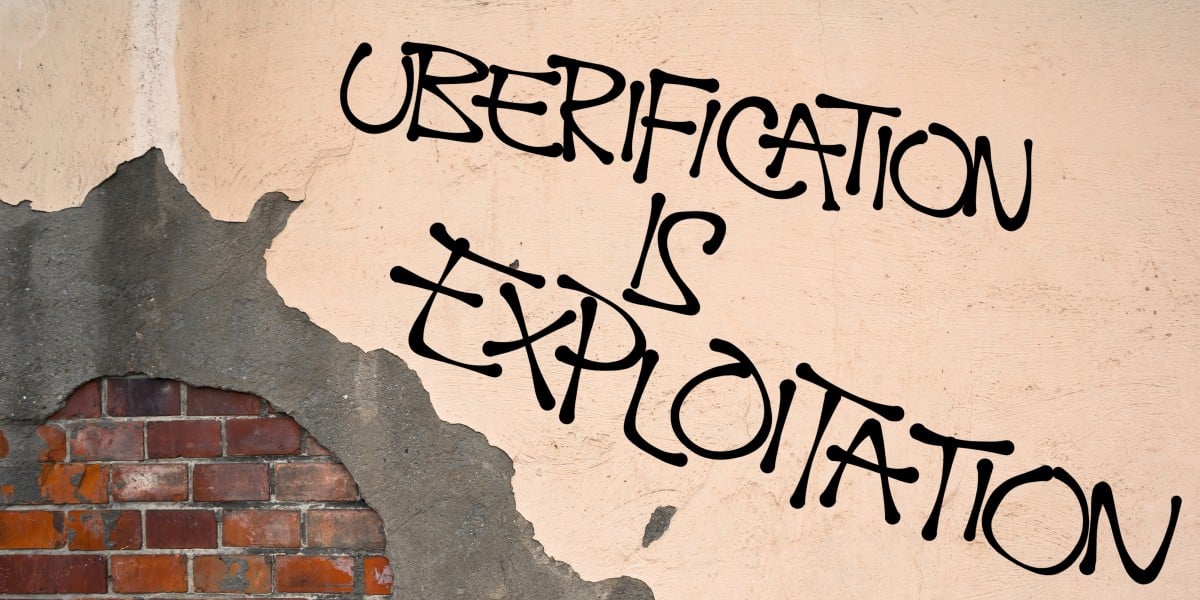




























.jpg)





















































































































![[The AI Show Episode 144]: ChatGPT’s New Memory, Shopify CEO’s Leaked “AI First” Memo, Google Cloud Next Releases, o3 and o4-mini Coming Soon & Llama 4’s Rocky Launch](https://www.marketingaiinstitute.com/hubfs/ep%20144%20cover.png)
























































































































































![BPMN-procesmodellering [closed]](https://i.sstatic.net/l7l8q49F.png)



















































































.jpg?#)



-All-will-be-revealed-00-35-05.png?width=1920&height=1920&fit=bounds&quality=70&format=jpg&auto=webp#)
-All-will-be-revealed-00-17-36.png?width=1920&height=1920&fit=bounds&quality=70&format=jpg&auto=webp#)
-Jack-Black---Steve's-Lava-Chicken-(Official-Music-Video)-A-Minecraft-Movie-Soundtrack-WaterTower-00-00-32_lMoQ1fI.png?width=1920&height=1920&fit=bounds&quality=70&format=jpg&auto=webp#)

























_Weyo_alamy.png?width=1280&auto=webp&quality=80&disable=upscale#)
_Brain_light_Alamy.jpg?width=1280&auto=webp&quality=80&disable=upscale#)













































































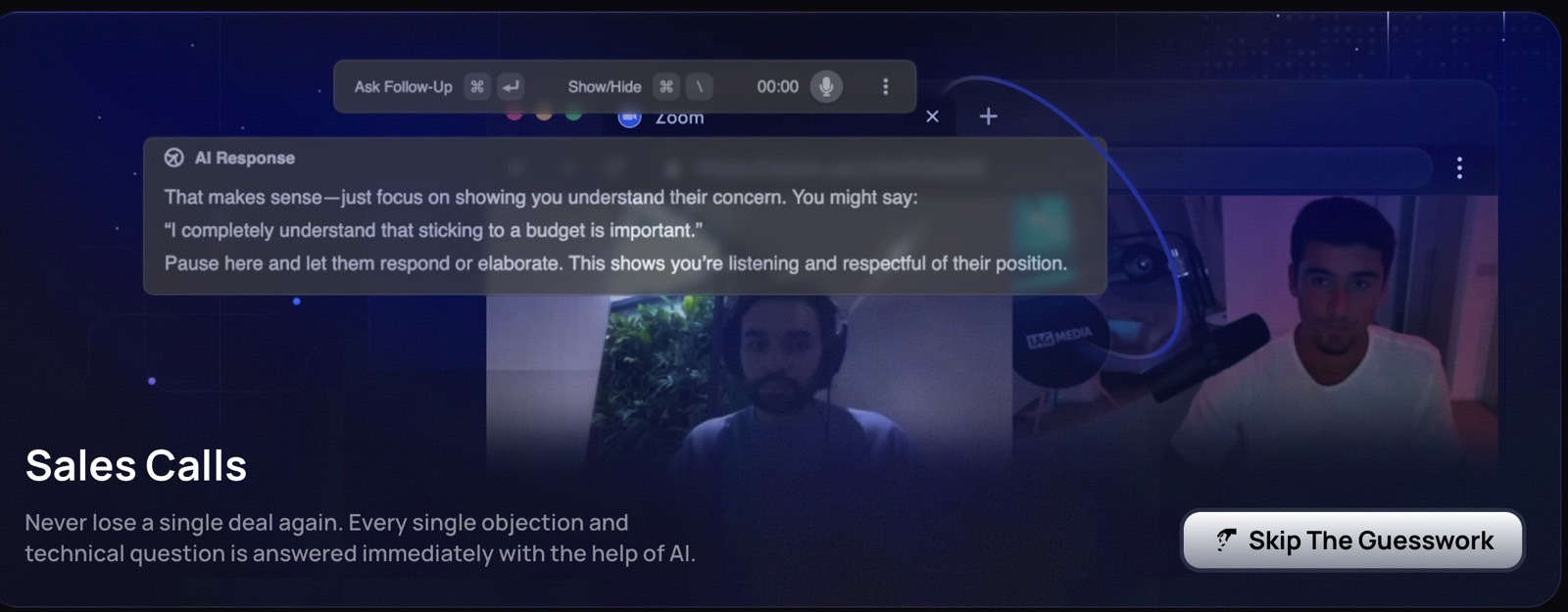






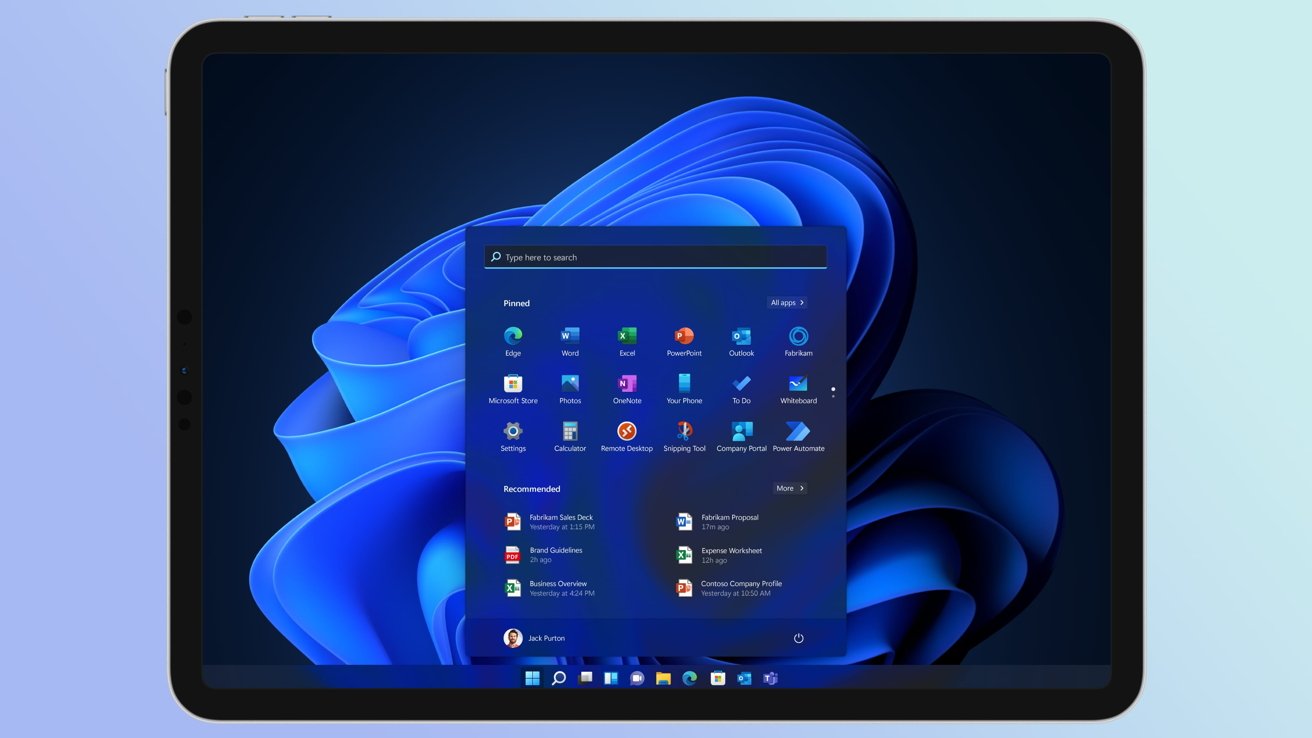



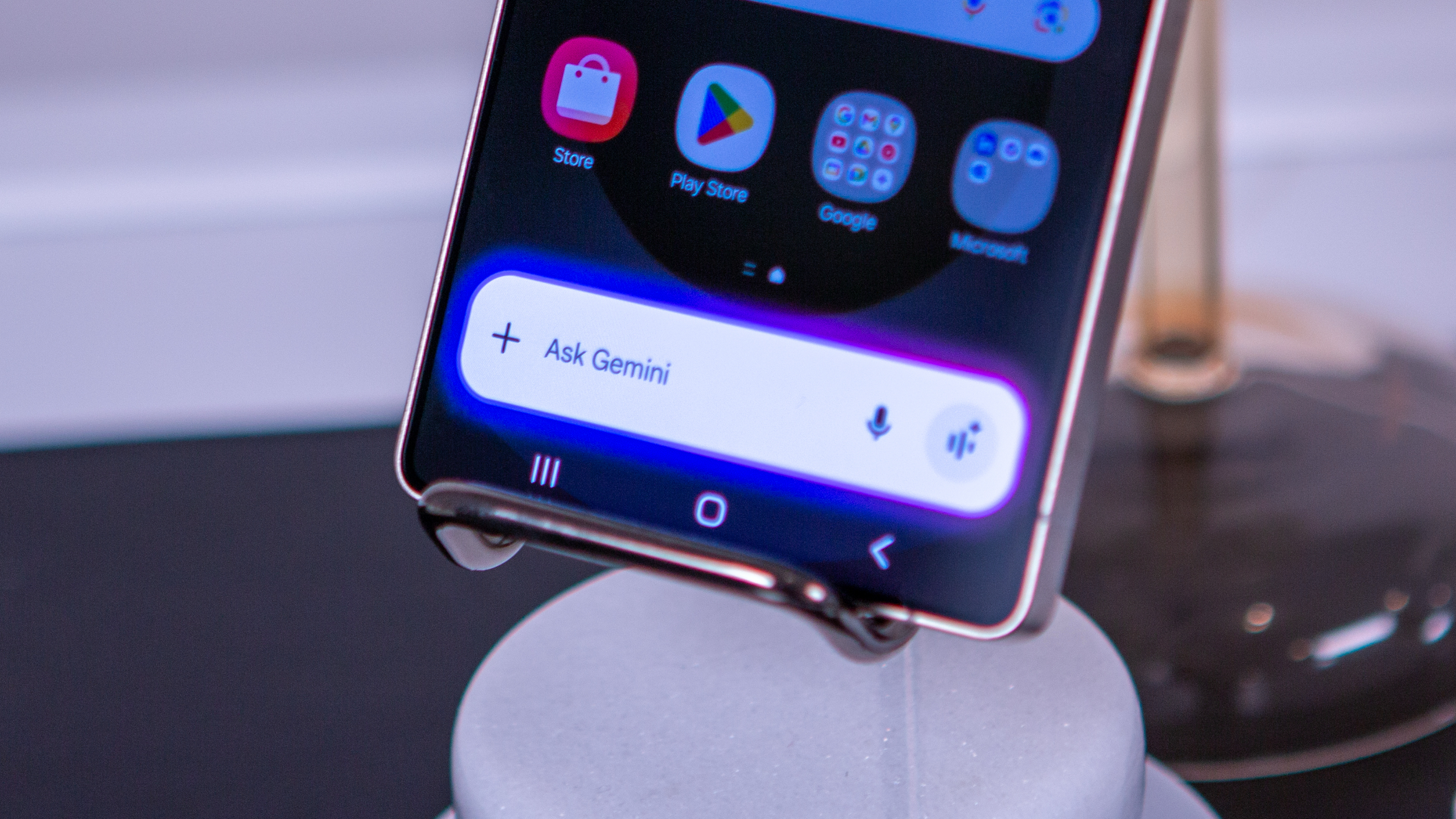
























![Apple Releases Public Beta 2 of iOS 18.5, iPadOS 18.5, macOS Sequoia 15.5 [Download]](https://www.iclarified.com/images/news/97094/97094/97094-640.jpg)

![New M4 MacBook Air On Sale for $929 [Lowest Price Ever]](https://www.iclarified.com/images/news/97090/97090/97090-1280.jpg)
![Apple iPhone 17 Pro May Come in 'Sky Blue' Color [Rumor]](https://www.iclarified.com/images/news/97088/97088/97088-640.jpg)












